With GDPR now in place, what should businesses consider in order to set good policies around data at the different stages in the data journey, such as when it is at rest, in transit, in the cloud? And what will GDPR mean for this?
This blog, from Nigel Crockford, Business Development Manager at IT consultancy and data security specialist eSpida discusses data policies.
Data policies
A good data policy must clearly outline how data will be managed from collection through to storage, with an unambiguous set of procedures detailing how, why and by who. This is necessary for businesses to protect themselves under the new GDPR law. This includes a clear policy on the use of email as a method of storing and moving data.
The proliferation of email has meant that it is far too easy to embed malware into an email that will then sit in an inbox for weeks or even months. Organisations should start to adopt policies that take advantage of instant messaging for general peer to peer communications, to minimise the risk associated with over-reliance on email and email security.
The cloud
When multiple people have access to data, which is often the case with information stored in the cloud, there is a greater concern of loss, amendment or handling without necessary permissions. Businesses must have a procedure in place that not only ensures only authorised people directly handle data, but that every person who may process data in some way does so safely.
Data loss prevention (DLP) solutions help to form good policy to help identify, report and stop the movement of data in and out of your network.
IT security best practice
If a person’s device or computer has access to a system that holds data, any viruses that affect it or hackers that attack it can pose a potential risk to data security. It’s crucial that good IT security practice forms an integral part of business culture.
IT security best practice includes:
- updating systems
- upholding policies around patch management to ensure systems are kept up to date and protected against hacking
- installing antivirus software
- setting secure passwords
- using more advanced security solutions such as two factor authentication
The introduction of GDPR has made such policies and best practice even more important. If you feel your business is vulnerable, an IT consultancy offering IT security solutions and services such as eSpida can help.




